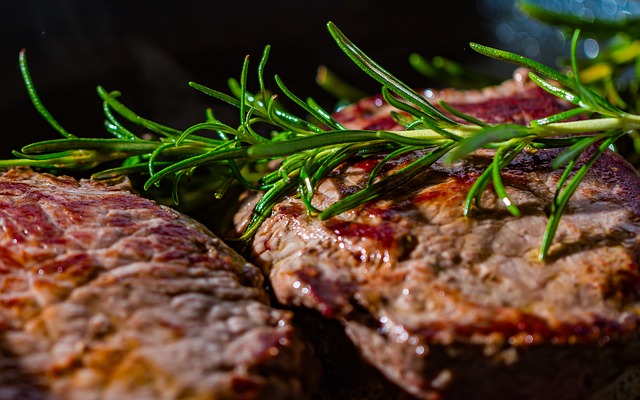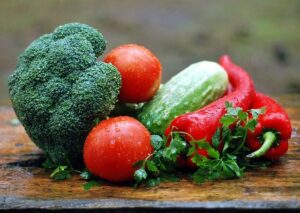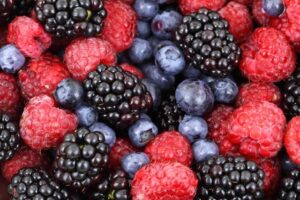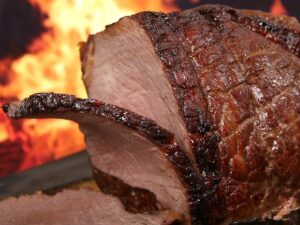Introduction
When it comes to tracking macronutrients, protein is often a key focus for many individuals. Chicken is a popular source of protein, but how much protein does 100g of chicken actually contain? In this article, we will dive deeper into this topic and explore the protein content of chicken.
Protein Content in Chicken
Chicken is known for being a rich source of protein. The protein content can vary slightly depending on the specific cut of chicken and whether it includes skin or not. On average, 100g of chicken without skin contains approximately 31 grams of protein. This makes it an excellent choice for those looking to increase their protein intake.
Protein in Different Cuts of Chicken
It’s important to note that the protein content can vary depending on the cut of chicken. Here are some common cuts and their approximate protein content per 100g:
Chicken Breast: Chicken breast is often considered the leanest and most protein-dense part of the chicken. It typically contains around 31 grams of protein per 100g.
Chicken Thigh: Chicken thigh is slightly higher in fat compared to chicken breast, but it still provides a good amount of protein. On average, it contains around 26 grams of protein per 100g.
Chicken Drumstick: Chicken drumstick is another popular cut that contains a decent amount of protein. It usually provides around 28 grams of protein per 100g.
Chicken Wing: Chicken wings are often enjoyed as a snack or appetizer. While they may be delicious, they are not as protein-dense as other cuts. On average, chicken wings contain around 25 grams of protein per 100g.
Benefits of Chicken as a Protein Source
Chicken is not only a great source of protein but also offers several other benefits. It is a lean meat, meaning it is relatively low in fat compared to other protein sources like beef or pork. This makes it a popular choice for those looking to maintain or lose weight while still meeting their protein needs.
Chicken is also rich in essential amino acids, which are the building blocks of protein. These amino acids are necessary for various bodily functions, including muscle growth and repair. Consuming chicken as part of a balanced diet can help ensure you are getting an adequate amount of these essential amino acids.
Conclusion
In conclusion, 100g of chicken without skin typically contains around 31 grams of protein. The protein content can vary slightly depending on the cut of chicken, with chicken breast being the leanest and most protein-dense option. Incorporating chicken into your diet can provide you with a high-quality protein source that supports muscle growth and repair.
References
– National Nutrient Database for Standard Reference Legacy Release: Chicken, broilers or fryers, breast, meat only, cooked, roasted. (USDA)
– National Nutrient Database for Standard Reference Legacy Release: Chicken, broilers or fryers, thigh, meat only, cooked, roasted. (USDA)
– National Nutrient Database for Standard Reference Legacy Release: Chicken, broilers or fryers, drumstick, meat only, cooked, roasted. (USDA)
– National Nutrient Database for Standard Reference Legacy Release: Chicken, broilers or fryers, wing, meat only, cooked, roasted. (USDA)













